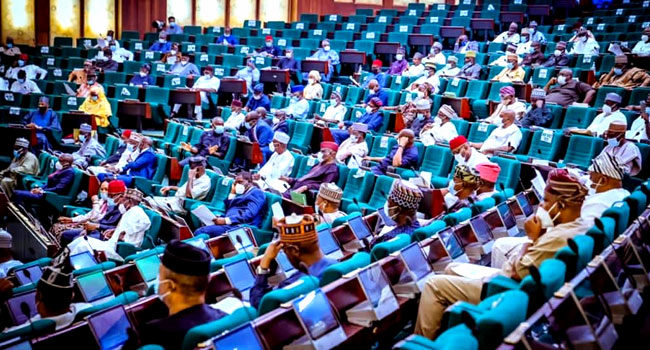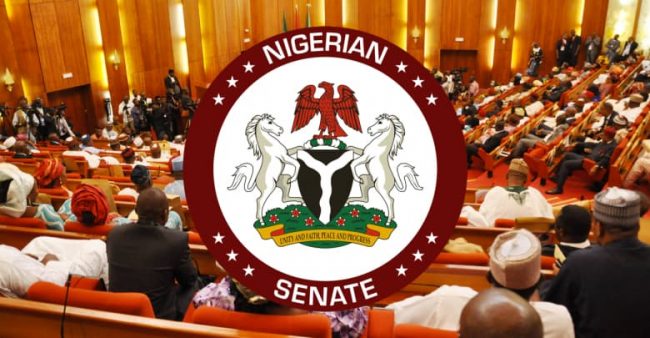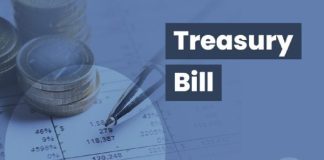The House of Representatives has said that data from agencies such as the Nigeria Customs Service (NCS), Petroleum Products Pricing Regulatory Agency (PPPRA), and the Nigerian National Petroleum Corporation (NNPC) are not “coherent”.
This was stated by the Chairman of the House Committee on Media and Public Affairs, Benjamin Kalu. He said that data such as the exact amount of crude oil the country produces daily remained unclear.
Kanu also communicated the displeasure of the House over the non-remittance and low remittances by Ministries, Departments and Agencies (MDAs).
He said that “findings by the committee which would occupy front burners as we resume, one of which was data not coherent between the agencies like Customs, PPPRA, NNPC and all the rest of them especially on issues like, what is exactly the amount of crude oil produced per day, what is the level of our PMS consumption per day.
“These things are necessary because there is a determination by the House to close up areas of leakages of funds so that the Federal Government would have enough to take care of the welfare of citizens.”
“We have also observed that some MDAs were not remitting sufficiently to the Federation Account, they were under-remitting and there were agencies that were not remitting at all because their establishment Acts do not give them the permission to remit.
“We need to amend some of those establishment acts, because of the impact of COVID, the government is looking for money from left, right and centre and if there are leakages that have been encouraged by the Establishment Acts, that piece of legislation will be looked into for possible amendment.
“It is also important to note that what was seen as the aggregate revenue available for 2022 was the sum of 7.26 trillion and about N3.16 trillion will be coming from oil-related sources.
READ ALSO: NIMC Attains 63 Million NIN Registrations
“The expenditure framework is at N13.9 trillion, capital expenditure accounts for only 26 percent. That worries me because of the continued provision for subsidy which is a drain to this government.
“The House believes that the capital expenditure should be increased from what it is to what it ought to be. Insufficient remittances to the federation account because of the effect of COVID, the government is looking for money from everywhere.
“One of the issues on the front burner of the National Assembly is to review the elements around the oil subsidy for the sake of closing up the gaps for leakages in this country.”
He added that it had set the price of crude oil at $60 per barrel, noting that the Medium Term Expenditure Framework (MTEF) had followed the forecast by the World Bank.
Kalu said, “It was discovered that the MTEF relied on the forecast of the World Bank. The price of crude oil would be at an average of $60 per barrel, another assumption was that the production of our oil is going to be at 1.88 million barrels per day and that foreign exchange was going at N410.15 for 2022/2023/2024.”












